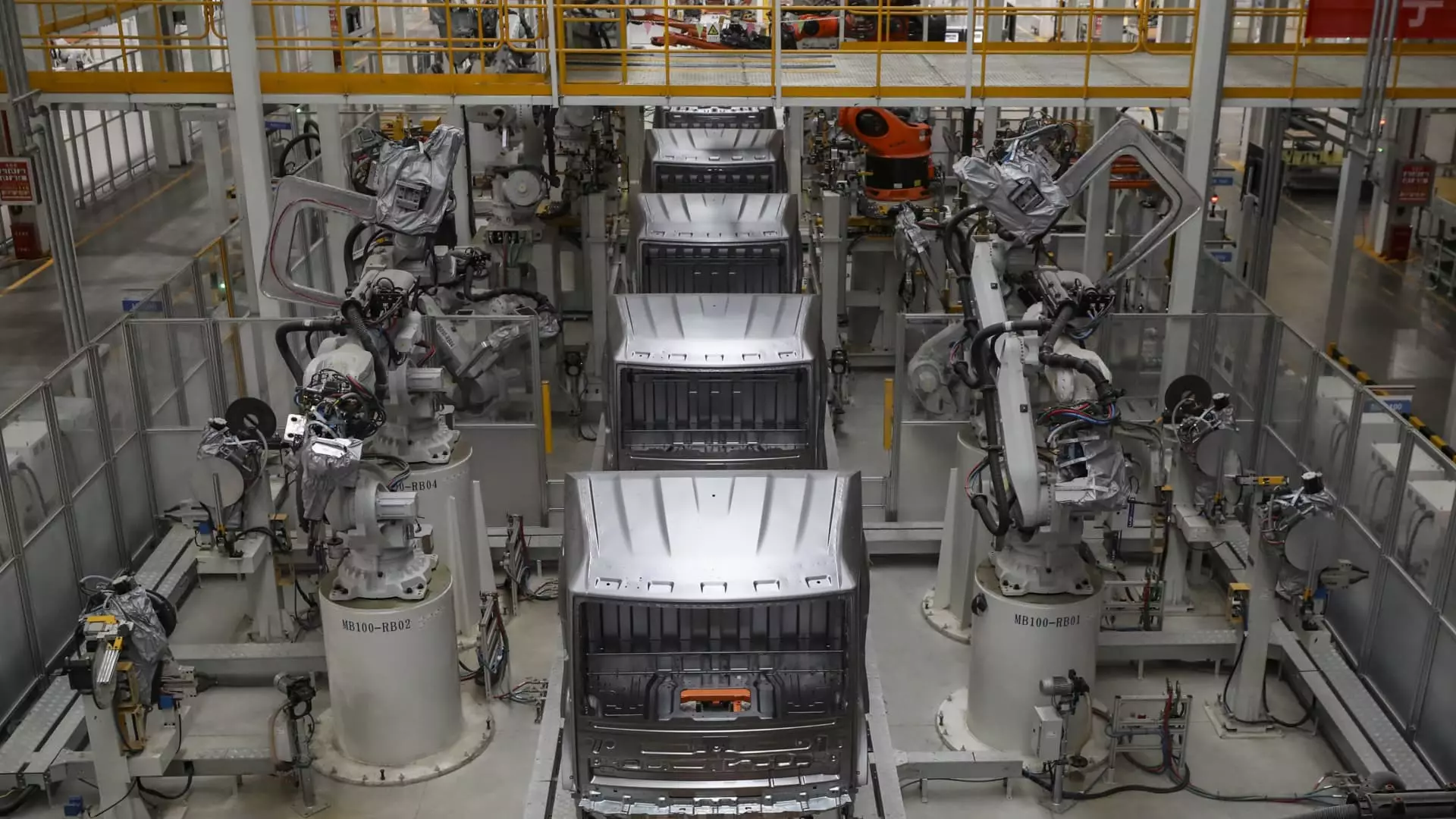China released economic data indicating a slowdown in consumer growth, alongside robust industrial activity in April. Retail sales only rose by 2.3% from a year ago, falling short of the 3.8% increase forecasted by a Reuters poll. On the other hand, industrial production saw a significant rise of 6.7% year-on-year, surpassing the expected 5.5% growth rate. Fixed asset investment, however, only increased by 4.2% for the first four months of the year, lower than the expected 4.6% rise.
Real estate investment plunged by 9.8% year-on-year for the first four months of 2024, signaling a continuous decline in this sector. Infrastructure and manufacturing investment also slowed their growth compared to the figures reported in March. The urban unemployment rate for April stood at 5%, raising concerns about the overall economic stability.
Retail sales during a recent holiday period from April 29 to May 3 showed modest growth. Home appliances sales increased by 7.9%, while automobile sales climbed by 4.8%, driven by nationwide trade-in incentives. The Ministry of Commerce reported a 6.8% year-on-year growth in retail sales during this holiday period, suggesting some resilience in consumer spending.
Despite uncertainties about future income and economic conditions, there are indications that retail sales could pick up in the future. Employment data and growth in services consumption are positive signs that may drive improved consumer spending. The statistics bureau attributed the April figures to the Labor Day holiday and the high base from the previous year. While the real estate sector is undergoing a period of adjustment, China initiated a program to issue ultra-long bonds to fund strategic projects, which could boost market confidence.
The economic data for April presents a mixed picture of growth in China. While exports increased by 1.5% and consumer prices slightly rose, the decline in factory prices and a slump in new loan data indicate sluggish demand. The real estate sector continues to face challenges, with efforts to ease housing purchase restrictions in various cities to stimulate sales. Experts predict a stabilization of the property market by the end of next year, albeit through a “brutal” correction process that curbs speculation.
China’s economic growth is facing headwinds, particularly in the consumer sector, despite resilient industrial activity. The government’s focus on supporting domestic demand and addressing challenges in the real estate market will be crucial in sustaining economic momentum. A combination of policy measures and market forces will shape the trajectory of China’s economy in the coming months, with a target GDP growth rate of around 5% for 2024.


Leave a Reply